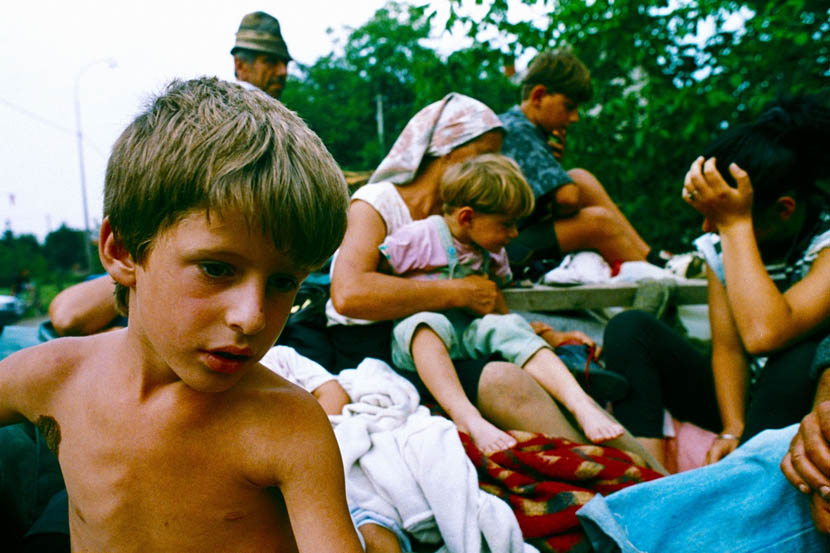The thirtieth anniversary of the Croatian military Operation "Storm"

HOMAGE TO VICTIMS, PAST LESSONS FOR A BETTER FUTURE
Turbulent are the times in which we live, ever more every day, it seems. Sadly, wars, armed conflicts and clashes have become an every-day thing, so much so that sometimes it is hard to keep track of even the major ones happening around the globe today. It is therefore only human not to remember those conflicts of the times past, be it because they’re remote in terms of both time and location and we cannot even keep track of the current ones, or because they were too close to home and we’d rather forget.
Thirty years ago, a conflict ended in my part of the world. Just before that, great tragedies had happened, ones we must not forget if we are not to repeat them. Tragedies we must use as lessons on which to built a better world. It makes me profoundly sad to see people, especially children, suffering in today’s conflicts – and it makes me very mad, because it means we haven’t learnt a thing or, as humans, moved an inch after all the children’s suffering in the past.
Operation Storm started on 4 August 1995. Serbs commemorate that day as one of the most tragic days in their recent history, because it led to the exodus of over 200.000 people from Croatia, mostly Krajina. Serbs who had been inhabiting that part of Croatia, forming a majority there for centuries, were forced to leave over fear for their safety. This military operation led to convoys long for tens of kilometers being formed on all the roads out of Krajina, with cars, agriculture machinery, anything those leaving could use to put their families on. Scenes of people grabbing their children and leaving in a hurry, not knowing where to head towards, without even basic needs, panicking, children driving all the way to safety were horrible. Then came the scenes of those civilian convoys being heavilly shelled on their way out. Those who refused to leave their homes, mainly elderly people, those unable to imagine either what they’d done wrong or starting their life somewhere else, were being killed for months after the Operation Storm. Villages burned, cattle slaughtered... Message sent that they shouldn’t have stayed and those who had left should not return.
UN Protection Force (UNPROFOR), as diligent in its noble mission as humanly possible, could not do much to protect the civilians. Among them were the Portuguese peacekeepers under the blue UN helmets, who, despite best efforts, could not do much to prevent the exodus they witnessed. Fast forward, Serbia is today a country sending its own peacekeeping troops, who are standing shoulder to shoulder with their Portuguese colleagues under the UN flag.
Croatia celebrates 5 August 1995 as a day of victory and liberation, which rings quite paradoxical, since an authoctonous community, almost in its entirety, was forced into leaving on that day. They left a part of the country they had ben inhabiting for so long never to return – of over half a million ethnic Serbs who lived in Croatia in 1991, in 2021. merely some 120,000 were registered. Celebrating the eviction of so many of them does not do much for their sense of safety, and neither does the fact that a Croatian singer banned from performing in various European countries for his filofascist repertoire just last month gathered almost half a million people for a concert in Zagreb.
Forgetting the past could cost us dearly in future, that is why I wanted to use this anniversary to pay hommage to the victims. We owe it to them, and to their memory we owe every effort to make sure suffering like theirs is avoided in future.